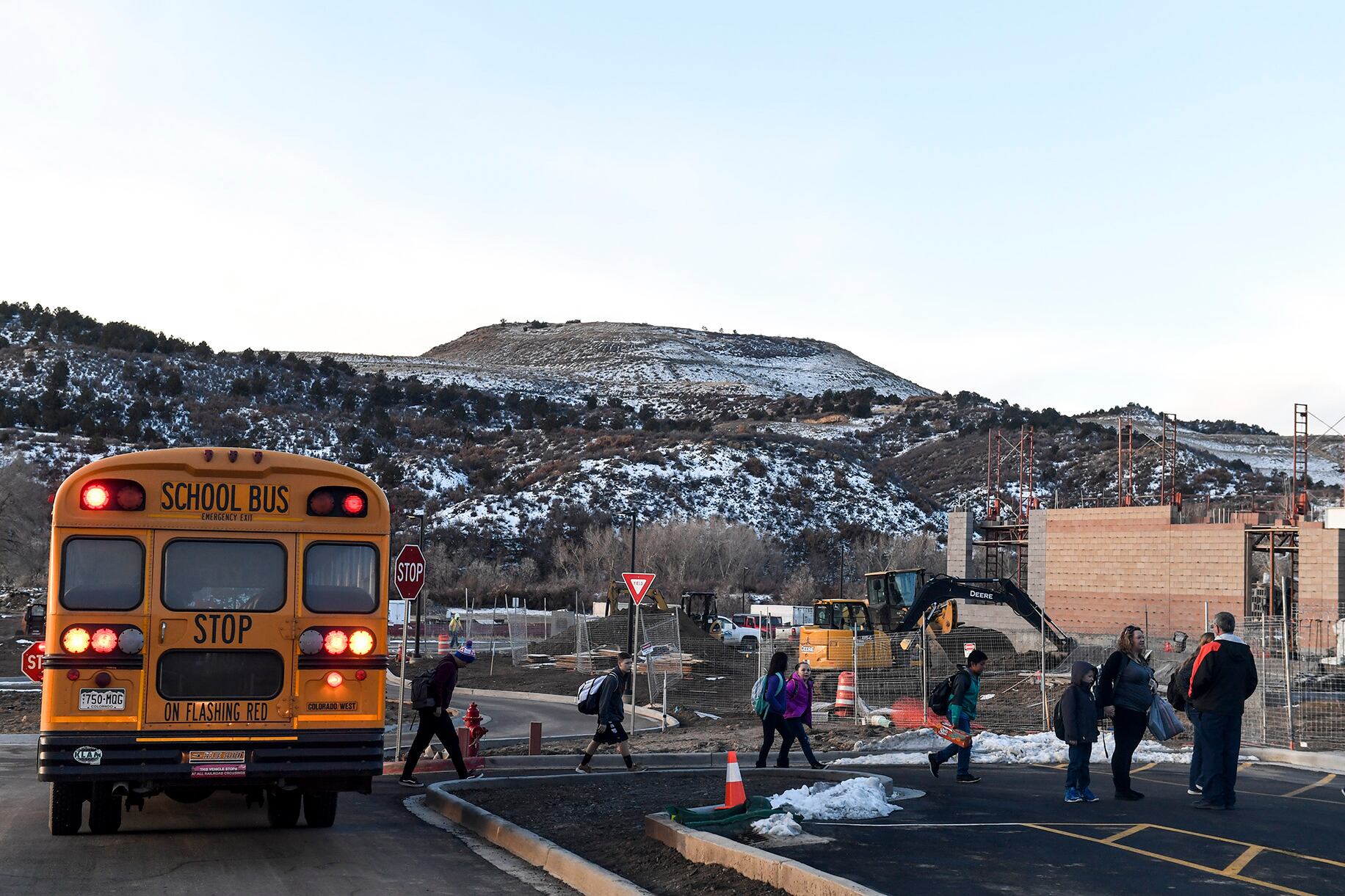Sign up for our free monthly newsletter Beyond High School to get the latest news about college and career paths for Colorado’s high school grads.
Colorado teachers have a few more days to apply to the state’s temporary student-loan forgiveness program for educators, after the higher education department extended the deadline.
The program, in its second year, taps federal pandemic relief money to provide newer educators in the state with $5,000 to help reduce their student loan balances. The new application deadline is Oct. 31.
Lawmakers intended to hand out about 2,000 such awards. But the state has rejected more than half of all applicants, and so far only about 1,200 have received the aid.
Part of the problem, some educators say, is confusion between two Colorado loan forgiveness programs for educators. The one funded through federal pandemic relief money is for educators who started working after the 2019-20 school year. Most of the rejected applicants had been in the profession longer, and some thought they were applying for a similar but separate program approved in 2019 that’s for teachers at all levels of experience.
Nonetheless, the large number of applications points to wide demand for debt relief.
The newer loan forgiveness program was part of a $52 million package of measures funded by federal relief money to help Colorado address teacher shortages. It also included programs that provide aid for educators to pay for certification tests and stipends for student teachers.
Colorado lawmakers set aside $10 million for the loan forgiveness plan through December 2024. So far the Colorado Department of Higher Education has distributed about $6.25 million of that and expects to spend the rest in the latest round. Educators can apply for an award even if they previously received money.
Teachers have had issues navigating the program, and some educators haven’t completely filled out the required paperwork, according to department spokeswoman Megan McDermott.
“We believe that teachers and special service providers are busy in their classrooms and may not have the time to complete the paperwork,” said McDermott. “Also, there is confusion between the federal programs and the state of Colorado programs, which is confusing to educators determining which programs are available.”
In the first year, the pandemic-era program served only rural teachers or those in hard-to-recruit fields, such as math or special education, who were in their first few years on the job.
That year, 359 educators received $5,000 awards, according to the higher education department. Of that group, the state has data on 281 applicants. They represented 52 districts and were mostly teachers in their first two years on the job. Most had less than $51,000 in total debt.
To reach more teachers, lawmakers broadened eligibility this year by removing the stipulation that teachers must be from rural districts or teach in hard-to-recruit subjects. The updates also increased the income limits.
After that change, the state gave aid to 884 more applicants.
Many more — over 2,250 applicants — have had their applications rejected.
Sarabeth Smith, a 12-year educator in East Grand School District, said she didn’t realize she had applied for the program for newer educators. Both programs use the same online form.
She said the directions weren’t clear, and she didn’t get a reason for her rejection the first time she applied.
More educators need help, she said, and not just those within their first few years.
Smith said many educators in their seventh or eighth year of teaching have a hard time staying in the field because of financial constraints. She said she works multiple jobs and is paying off loans for her master’s degree.
She used a federal loan forgiveness program for teachers to help pay off her bachelor’s degree loans and is hoping for more help.
“Any help towards the professional is just always going to make it a little easier to keep teachers and attract new teachers,” she said. “We know these shortages are not getting any better.”
The state’s other loan forgiveness program, which began before the pandemic, was slated to last five years and help rural teachers and those who specialize in hard-to-fill subjects. It’s open to educators of all levels.
Lawmakers were forced to put that program on hold because of budget shortfalls. The program will distribute money in 2024 to this year’s applicants, according to the higher education department.
Instructions on the top of the current application form say: “The Original rural educator application is closed at this time. You can apply for the Temporary Educator program.” But they don’t specify that the temporary program is only for newer teachers.
The program for new teachers has received about 600 applications in the latest round, the state said when it extended the deadline. This may be the last application period, or there could be one more round in the spring, the higher education department said.
McDermott reminded applicants to answer all questions and to submit required items such as a copy of their teaching license, if applicable, and employment verification.
Also, applicants must include their student loan information for the state to be able to make the payments, she said.
Despite the confusion, the program has helped, said Frank Reeves, who retired as East Grand’s superintendent last year and is the director of operations and strategic partnerships of the Colorado Rural Schools Alliance.
Districts like East Grand that are in resort areas have less trouble recruiting teachers, he said. But housing is expensive, and teachers need help, especially with student loan payments that cut into their expendable income, he said.
“It’s been more incentive to keep people, not really attract,” Reeves said.
Meanwhile, research shows the longstanding federal loan forgiveness program for educators isn’t succeeding at helping districts keep teachers and attract new ones.
That program, established in 1998, forgives $5,000 of debt for teachers, and possibly more for teachers in certain subjects. But a study released this summer found that attrition patterns among participants were the same as for those who didn’t get loan forgiveness.
The program also ran into issues getting applicants to properly fill out the forms, and researchers recommended streamlining the process.
Jason Gonzales is a reporter covering higher education and the Colorado legislature. Chalkbeat Colorado partners with Open Campus on higher education coverage. Contact Jason at jgonzales@chalkbeat.org.






